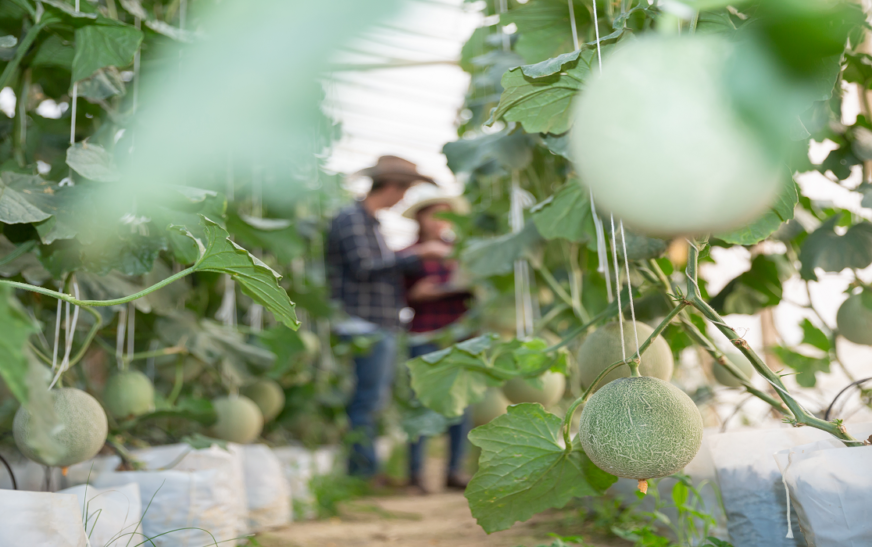As concern about the environment rise individual and businesses alike are seeking ways to reduce their environmental footprint One simple thing anybody can do is switch to biodegradable trash bags These bags are better for the environment than normal plastic bag which might take hundred of years to break down Read this article to find out what biodegradable trash bags are how they work and which ones are ideal for your garbage disposal Needs.
What Are Biodegradable Garbage Bags?
When left under the correct circumstances biodegradable trash bags will eventually decompose on their own Typically renewable resources like are used to make biodegradable bags as opposed to traditional plastic bags created from petroleum based component.
Plant-based materials (e.g cornstarch potato starch)
Biopolymers derived from natural sources
Compostable plastics that decompose into water carbon dioxide and biomass
This bag is designed to break down much more quickly than regular plastic bags so it won’t leave any negative impact on the Environment.
How Do Biodegradable Bags Work?
The decomposition of biodegradable garbage bags is facilitated by natural processes including the action of microorganisms such as bacteria and fungi Important element impacting the failure include:
- Exposure to oxygen and sunlight
- Moisture levels
- Heat
- Microbial activity in the surrounding environment
Compostability refer to the ability of some biodegradable bags to decompose entirely in industrial composting facilities without producing any harmful Byproduct.
Benefits of Biodegradable Garbage Bags
Reduced Environmental Impact
Faster decomposition means less trash in landfill and less pollution in the ocean from biodegradable bags compared to regular plastic.
Lower Carbon Footprint
Producing biodegradable bags often requires less non renewable resources and less energy than making plastic bags from petroleum.
Improved Soil Quality
When compostable bags are used and disposed of correctly they can enhance soil health by contributing organic matter during Decomposition.
Versatility
Whether you’re a homeowner business owner or manufacturer you may find a biodegradable trash bag that fits your needs among the many varieties Available.
Encourages Sustainable Practices
The use of biodegradable good raises awareness about the need of environmental protection and inspires other to follow Suit.
Challenges of Biodegradable Garbage Bags
Although there are several benefit to using biodegradable trash bags there are also some Challenge:
Decomposition Requirements
To decompose entirely certain bags need particular circumstances such very high temperatures or specialized industrial composting facilities.
Higher Cost
Because of the higher quality ingredient and labor required to make them biodegradable bags may cost more than their plastic Counterpart.
Confusion with Disposal
If biodegradable bag are not properly disposed of or mislabeled people may mistake them for conventional plastic rendering them Useless.
Not a Complete Solution
Biodegradable bag are helpful in lowering waste pollution but they don’t address the root Causes of Overconsumption or rubbish building Up.
How to Choose the Right Biodegradable Garbage Bags
When looking for a biodegradable garbage bag keep the following in mind:
Certification
You can tell a bag is compostable and biodegradable if it has the seal of approval from an authoritative body like the Biodegradable Product Institute (BPI) or the European Standard EN 13432.
Material Type
Choose bags made from materials that align with your disposal options (e.g., compostable bags for industrial composting facilities).
Strength and Durability
Ensure the bags are strong enough to handle the type of waste you generate whether it’s food scraps yard waste or household Garbage.
Intended Use
Select the appropriate size and thickness for your need such as small bags for kitchen bins or large ones for outdoor waste.
Local Waste Management Policies
Check local regulation to ensure biodegradable bags are accepted in your area’s waste management system.
Proper Use and Disposal
To maximize the benefits of biodegradable garbage bag follow these best practices:
Segregate Waste: Use biodegradable bags for organic or compostable waste to ensure they are processed correctly.
Compost Where Possible: Dispose of compostable bags in designated facilities or home composting system.
Avoid Overloading: Prevent tears and spills by not overstuffing the bags.
Educate Yourself: Feel confident in your bag disposal skills before you toss them in the compost or recycling Bin.
What is the Difference Between Biodegradable and Compostable?
You must differentiate between compostable and biodegradable trash bag:
Biodegradable Bags: Decompose spontaneously with time however they may leave behind microscopic particles or need certain environmental factor.
Compostable Bags: Break down into harmless substances and are approved for use in composting without leaving any dangerous leftover often in an industrial Setting.
Not every biodegradable bag can be composted even if all compostable bags can be Biodegraded.
Why Should You Make the Switch?
Using biodegradable trash bags instead of regular ones is a simple but big change that you can make for the environment Minimizing the negative effect of trash disposal on the environment allow you to do your part in:
Avoiding the damage that plastic waste does to marine habitats
Minimizing the release of greenhouse gases caused by conventional plastic Manufacturing
Advocating for a waste-and resource reduction focused circular economy
Conclusion
One environmentally conscious option that fits in with the worldwide trend toward Sustainability is biodegradable trash bag They may not be a panacea for all environmental problem but they are vital in the fight against plastic Pollution.
You may help preserve the planet for years to come by selecting biodegradable products and properly disposing of them. Take action now to help create a cleaner greener future by switching!













